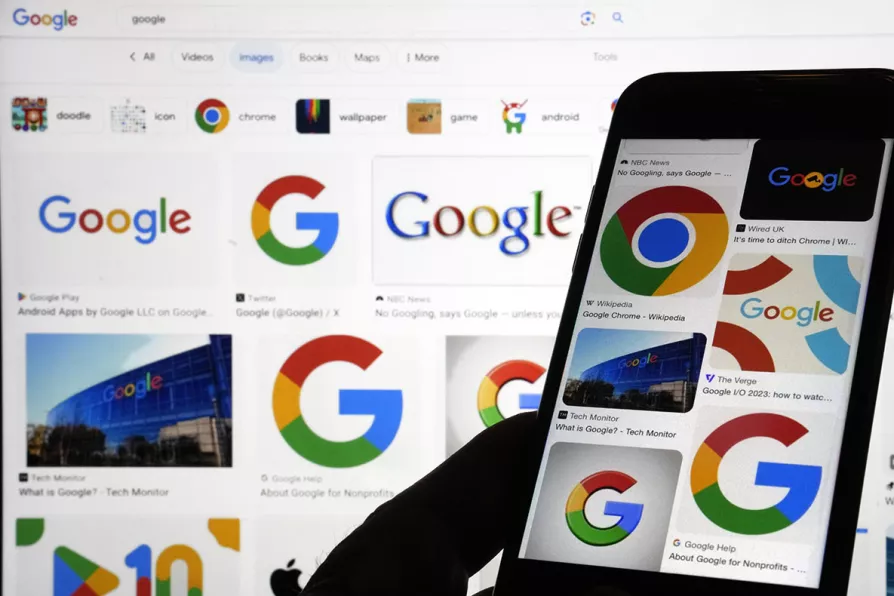US judge rules Google is an illegal ‘monopolist’ ensuring dominance by squashing competition

 Various Google logos are displayed on a Google search, September 11, 2023, in New York
Various Google logos are displayed on a Google search, September 11, 2023, in New York
SEARCH engine Google has illegally exploited its dominance to squash competition and stifle innovation, a US judge has ruled.
The tech giant intends to appeal the ruling in a case brought by the US Justice Department, and any penalties or changes to its business would be demanded in a new legal phase of the anti-trust process beginning now. But “Google’s loss in its search anti-trust trial could be a huge deal, depending on the remedy,” Emarketer senior analyst Evelyn Mitchell-Wolf believes.
US District Judge Amit Mehta reviewed evidence including from executives from tech giants Google, Microsoft and Apple, declaring: “Google is a monopolist, and it has acted as one to maintain its monopoly.”
Similar stories

ANSELM ELDERGILL asks whether artificial intelligence may decide legal cases in the future, in place of human judges, and how AI could reshape the legal landscape

The government needs to raise its game when it comes to the tech giants who behave like the robber barons of old, argues NICK MATTHEWS

Huge new buildings kitted out with powerful computers consumed 21 per cent of the nation’s electricity last year – leading to increased power demands and increased bills. MATT O’BRIEN reports











